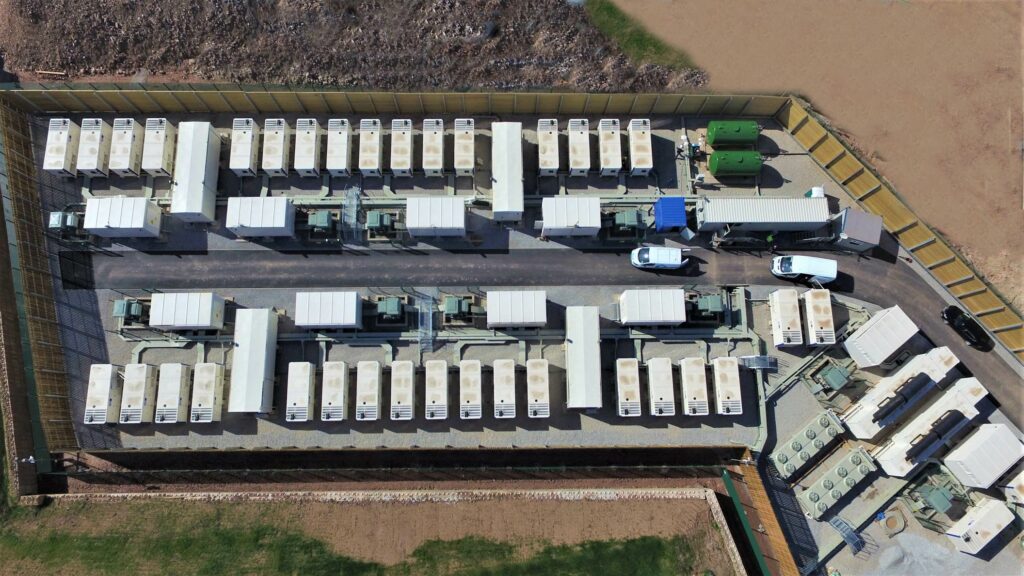
Norwegian state-owned energy company Equinor will acquire East Point Energy, a US-based developer of grid-scale battery energy storage projects.
With the Norwegian state as its 67% majority shareholder, Equinor – formerly known as Statoil – is best known for its oil and gas business but has latterly become a major owner and operator of renewable energy assets, particularly offshore wind.
Its acquisition target meanwhile provides an early-stage platform for the energy major to enter the booming US battery storage market and leverage its renewables business.
For instance, Equinor has partnered with fellow fossil fuels major bp to deploy 3.3GW of wind energy generation off the coast of New York and in the process transform South Brooklyn Marine Terminal into a hub for bringing offshore wind power to land.
Try Premium for just $1
- Full premium access for the first month at only $1
- Converts to an annual rate after 30 days unless cancelled
- Cancel anytime during the trial period
Premium Benefits
- Expert industry analysis and interviews
- Digital access to PV Tech Power journal
- Exclusive event discounts
Or get the full Premium subscription right away
Or continue reading this article for free
East Point Energy will become a wholly owned subsidiary of Equinor.
The deal marks the Norwegian group’s second significant investment into battery storage, after it invested in and became 45% owner of UK company Noriker Power, another early-stage developer, late last year.
Virginia-headquartered East Point Energy has only been around since 2018 but has developed and flipped three large-scale battery storage projects in the US Commonwealth of states that it has publicly announced its involvement in.
Its first was a 2MW/8MWh battery energy storage system (BESS) project sold to non-profit electric supplier Rappahanock Electric Cooperative (REC) in Virginia’s Spotsylvania County, which Energy-Storage.news reported in August 2020.
The second was Dry Bridge, a 20MW/80MWh project sold in September last year to utility Dominion Energy through an RfP. East Point Clean Energy’s proposal was the only standalone battery project chosen by the utility in that procurement. Dominion Energy is mandated by Virginia clean energy policies to deploy 2,700MW of energy storage in its service area by 2035.
Energy-Storage.news reported in March that Yadkins, a 100MW/400MWh BESS in Chesapeake, Virginia, had been sold by the developer to Aypa Power, a battery storage-focused investment company in the portfolio of investment manager Blackstone.
East Point claims its current pipeline of opportunities is at 4.1GWh of early to mid-stage projects on the US East Coast, while its new owner-to-be said it will be able to optimise the market participation of battery assets using the energy trading platform it owns, Danske Commodities.
Equinor meanwhile also wants to invest into the developer to enable it to own and operate energy storage projects as well as develop and sell them on as it currently does.
East Point Energy’s leadership team is staying on at its offices in Charlottesville. The deal is expected to be completed in the third quarter of this year.





